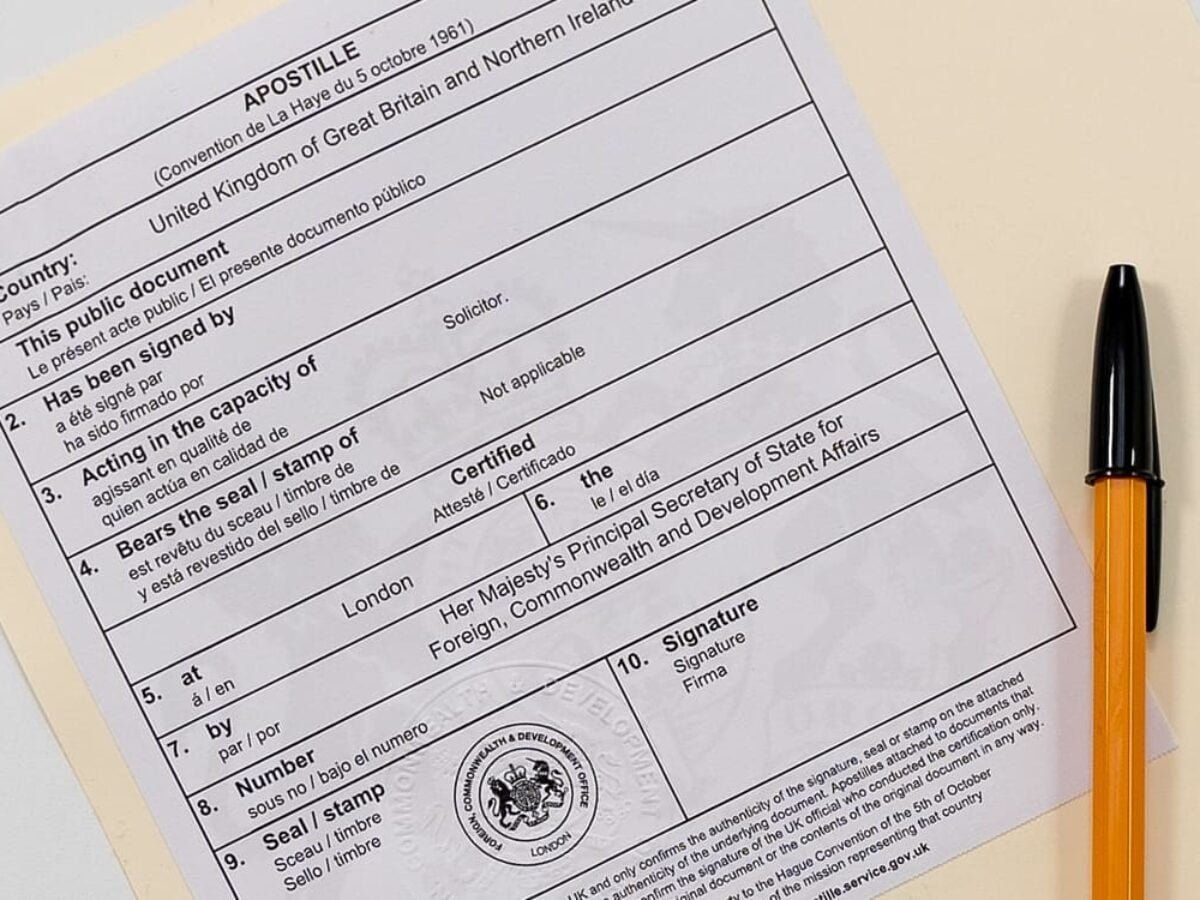Streamlining Document Authentication for International Studies
As students venture into the realm of international education, the word “apostille” emerges as a critical element in the document authentication process. But what exactly is an apostille, who requires it, why is it pivotal for studying abroad, where can it be obtained, and which countries mandate its use? Let’s dive deeper into this essential certification.
Understanding the Apostille
An apostille is a form of authentication issued to public documents to validate their authenticity across countries that are signatories to the Hague Apostille Convention. This certification eliminates the need for further authentication or legalization of documents for use in another member country. Essentially, it serves as a universal seal of approval, affirming a document’s credibility and validity for international use.
Who Should Obtain an Apostille?
Individuals intending to study abroad, particularly in countries that are part of the Hague Apostille Convention, may need to obtain an apostille for certain documents. Educational institutions in foreign countries often require apostilled documents to ensure their authenticity when accepting applications or enrolling students.
Why is the Apostille Essential for Studying Abroad?
An apostille holds immense importance when studying abroad as it simplifies the document verification process. It ensures that academic transcripts, diplomas, birth certificates, affidavits, and other legal papers are recognized and accepted by educational institutions in Hague Convention member countries without the need for further authentication.
Where to Obtain an Apostille?
The process of obtaining an apostille varies by country. In many countries, including the United States, the United Kingdom, Australia, and others that are part of the Hague Apostille Convention, the competent authority responsible for issuing apostilles is typically a government office. For instance:
-United States:** Apostilles are issued by the Secretary of State in the state where the document was issued.
– United Kingdom:** The UK Foreign, Commonwealth & Development Office (FCDO) issues apostilles through its Legalisation Office.
– Australia:** Apostilles are provided by the Department of Foreign Affairs and Trade (DFAT).
What Does an Apostille Look Like?
An apostille is a separate sheet of paper attached to a document or a stamp placed directly on the document. It includes essential information such as the country of issuance, the seal of the competent authority, date of issue, and a unique identification number.
Countries Requiring Apostille Certification
The requirement for apostille certification applies mainly to countries that are part of the Hague Apostille Convention. These include numerous countries in Europe, North and South America, Asia, and Oceania.
In conclusion, the apostille simplifies the authentication process, ensuring the recognition and acceptance of documents across borders. For students aspiring to study abroad, obtaining an apostille for relevant documents becomes a crucial step towards facilitating a smooth and hassle-free application process in Hague Convention member countries.

